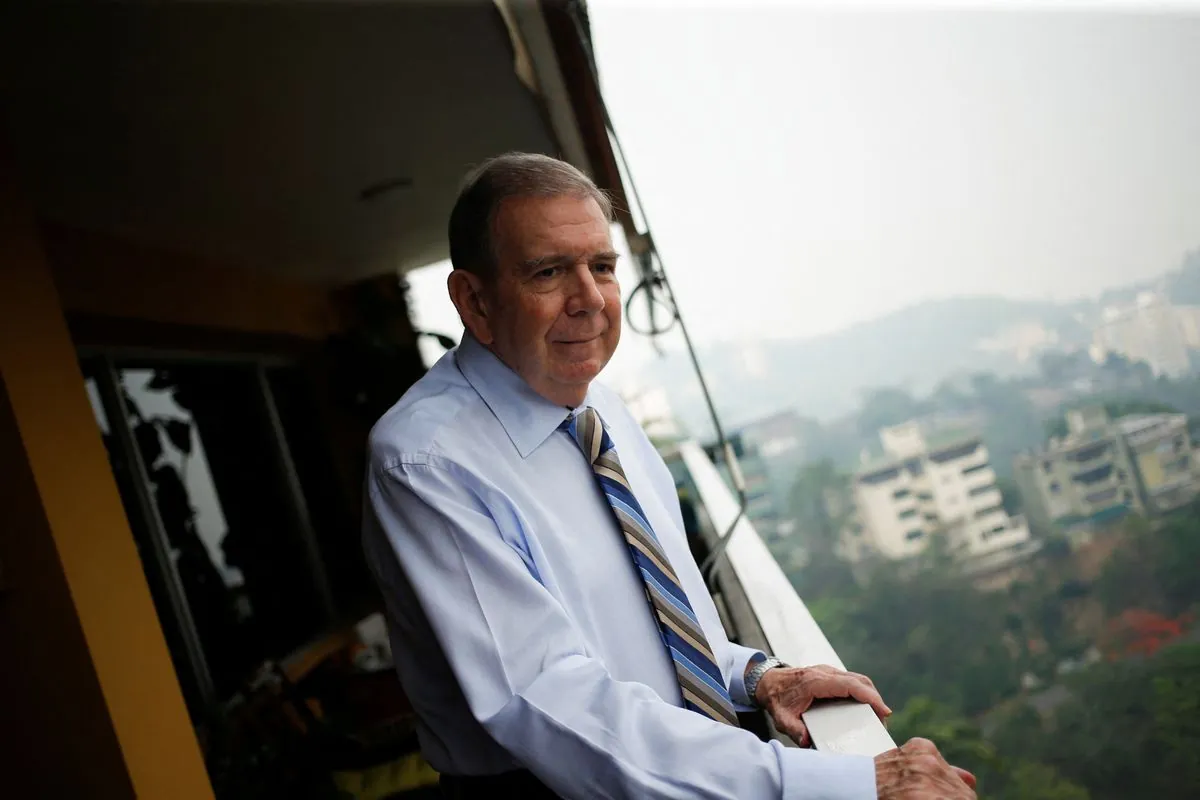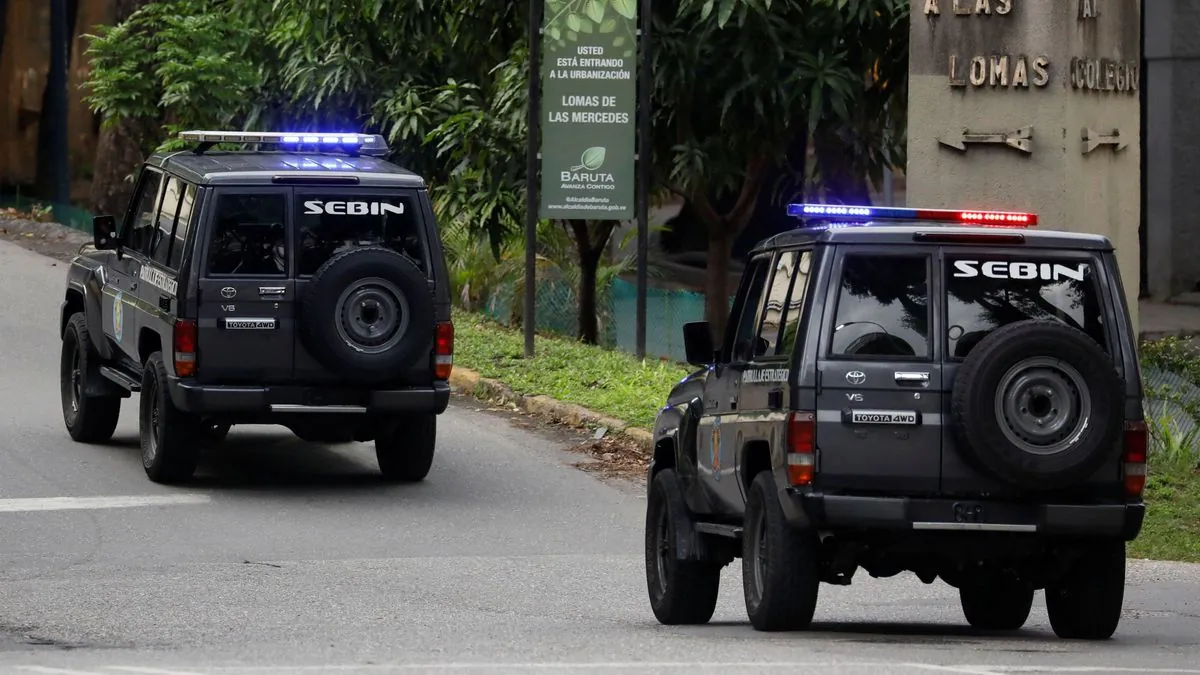Venezuelan Opposition Leader Flees to Spain Amid Post-Election Turmoil
Edmundo González, Venezuela's opposition candidate, has sought asylum in Spain following disputed election results. The move comes amid a government crackdown and international concerns over the legitimacy of Maduro's claimed victory.

In a significant development following Venezuela's contentious presidential election, opposition candidate Edmundo González has fled to Spain, seeking asylum amidst escalating political tensions. The 75-year-old former diplomat's departure, confirmed by his attorney José Vicente Haro, occurred on September 7, 2024, just over a month after the disputed July 28 election.
González's exit comes in the wake of mounting pressure from the government of Nicolás Maduro, who has claimed victory in the election despite widespread skepticism. Five days prior to González's departure, Venezuela's attorney general issued an arrest warrant for the opposition leader, citing an investigation into the publication of voting machine receipts that allegedly showed González winning by a substantial margin.
The political climate in Venezuela has deteriorated rapidly since the election, with Maduro intensifying his crackdown on opposition figures. Many have been detained or forced into hiding, marking what human rights advocates describe as the country's most severe period of repression to date.

In response to González's departure, Venezuelan Vice President Delcy Rodríguez stated that he had been granted safe passage "for the sake of the tranquility and political peace of the country." This move followed a complex diplomatic operation involving Spanish officials, which had reportedly been in the works for two weeks.
The situation has drawn international attention, with the United States and European Union refusing to accept Maduro's claimed victory. They have called for the release of precinct-level voting results, as mandated by Venezuelan law. Independent reviews of voting machine receipts suggest that González may have received more than twice as many votes as Maduro, contradicting the official narrative.
"This is another example of Mr. Maduro's efforts to maintain power by force and to refuse to recognize that Mr. González won the most votes on the 28th of July."
Venezuela's political turmoil is set against a backdrop of severe economic challenges. Once the wealthiest nation in South America, Venezuela has been grappling with an economic crisis since 2013. The country, which possesses the world's largest proven oil reserves, has experienced hyperinflation since 2016 and has seen over 7 million of its citizens leave since 2015.
The ongoing crisis has had far-reaching consequences, including the collapse of the healthcare system, frequent power outages, and one of the highest crime rates globally. These issues have persisted despite Venezuela's vast natural resources, highlighting the complex interplay between political instability and economic deterioration.
As the international community continues to monitor the situation, the future of Venezuelan democracy remains uncertain. The exile of González marks another chapter in the country's tumultuous political landscape, raising questions about the prospects for fair elections and democratic governance in a nation that has been under authoritarian rule for over a decade.


































